Jury selection in the trial of a former Minneapolis police officer charged in the killing of George Floyd began on Tuesday, after a 24-hour delay for legal reasons, with the first potential juror excused after she revealed during questioning that she thought the way the officer acted was “not fair”.
Minneapolis on trial: how the year of George Floyd changed me and my city
Read more
The woman said she saw bystander video showing Derek Chauvin kneeling on Floyd’s neck and did not understand why the officer didn’t get up when Floyd said he couldn’t breathe.
“That’s not fair because we are humans, you know?” she said.
Defense attorney Eric Nelson noted that the woman said on her questionnaire she wanted to be on the jury “to give my opinion of the unjust death of George Floyd”.
Potential jurors must show they can set aside their opinions and view evidence fairly.
The woman said she would be willing to change her mind if she saw evidence from a different perspective, but Nelson used one of his 15 challenges to dismiss her without providing a reason.
Up to three weeks have been allocated for jury selection. Opening arguments are not due before 29 March and presentation of evidence is expected to take two to four weeks.
Chauvin is charged with second-degree murder and manslaughter. Jury selection is proceeding despite uncertainty over whether a third-degree murder charge will be added, following an appeals court ruling last Friday.
The state has asked the Minnesota court of appeals to stop proceedings until that is resolved, because of fears that going ahead without the roster of charges being solidified could give Chauvin grounds for appeal or lead to the collapse of the case.
That could mean a delay of weeks or months but the judge, Peter Cahill, has resisted pressure from prosecutors.
Floyd, who was Black, was declared dead on 25 May last year after Chauvin, who is white, pressed his knee against his neck for almost nine minutes, holding his position and casually keeping one hand in his pocket as Floyd begged for his life, persisting even after Floyd went limp.
The killing sparked the biggest civil rights uprising in the US since the 1960s, spilling over at times into rioting but reinvigorating the Black Lives Matter movement and forcing a fresh reckoning on police brutality and systemic racism.
Chauvin and three other officers were fired and arrested. The others face an August trial on aiding and abetting charges.
Cahill ruled on several pre-trial motions on Tuesday, setting parameters for testimony.
He said jurors will hear when Chauvin stopped working for the police department but they will not be told he was fired or that the city made a “substantial offer” to settle a lawsuit from Floyd’s family. Those details could imply guilt, Cahill said.
The city had no immediate comment on the settlement offer. A message left with an attorney for the Floyd family was not immediately returned.
Play Video
1:21
Hundreds protest in the name of George Floyd in Minneapolis – video
Cahill also ruled that a firefighter heard in the bystander video urging the officers to check Floyd’s pulse will be allowed to testify about what she saw and whether she thought medical intervention was needed.
But she will not be allowed to speculate that she could have saved Floyd if she had intervened. Testimony on Chauvin’s training will be allowed.
Hundreds gathered outside court on Monday, many carrying signs such as “Justice for George Floyd”, “Convict Killer Cops” and “The whole world is watching”.
Floyd’s sister, Bridgett Floyd, sat in the back of the courtroom for part of the proceedings, her hands crossed in her lap.
Chauvin did not have a family member or supporter in the courtroom, the Minneapolis Star Tribune reported on Tuesday.


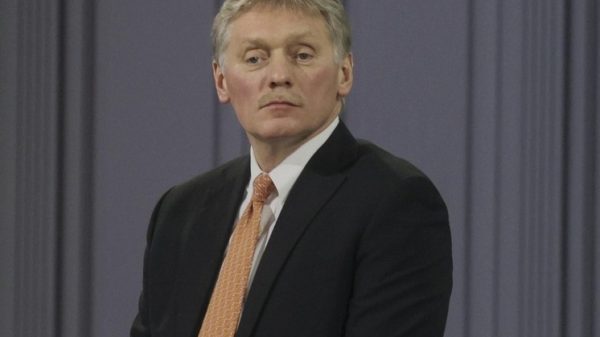
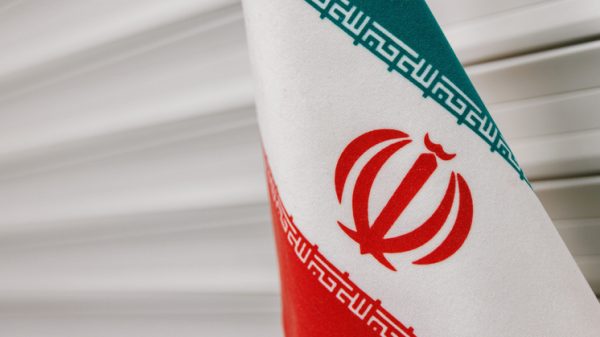

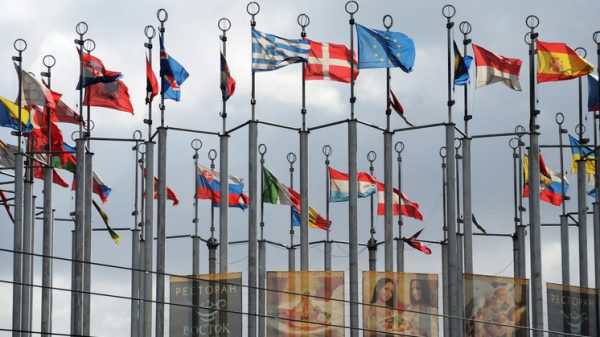


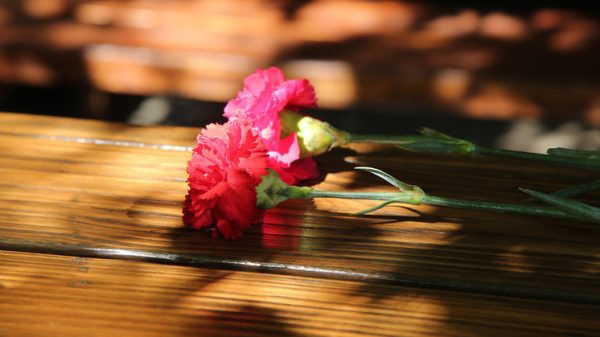
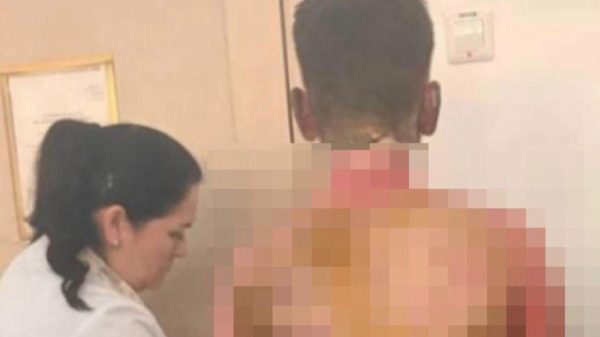
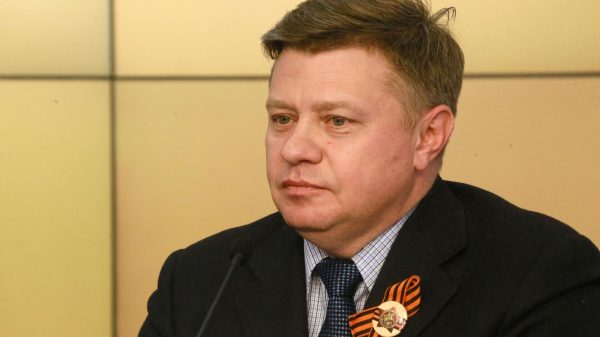
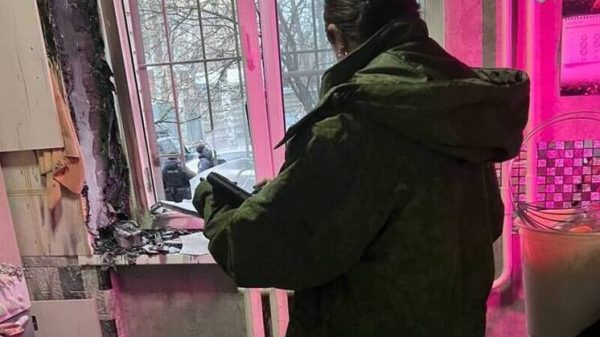
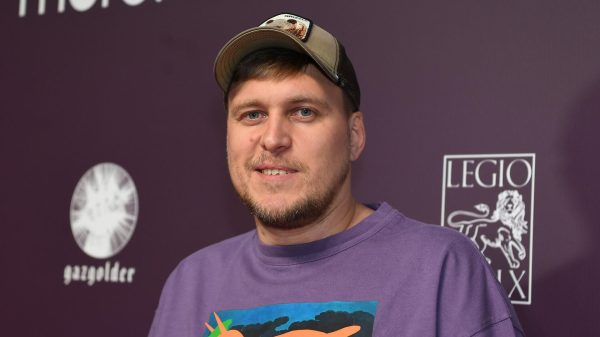

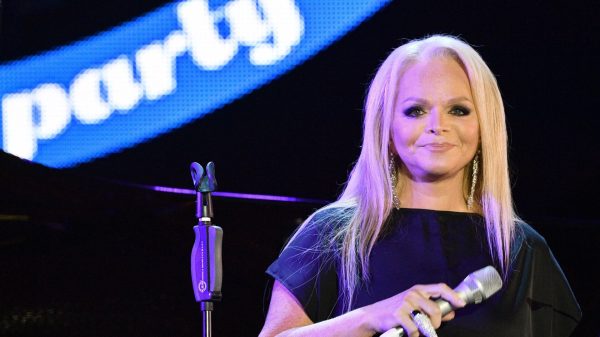
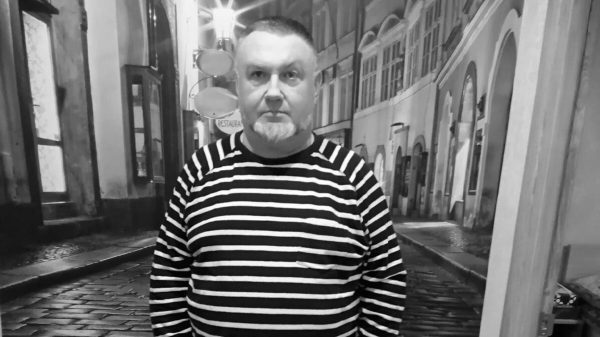





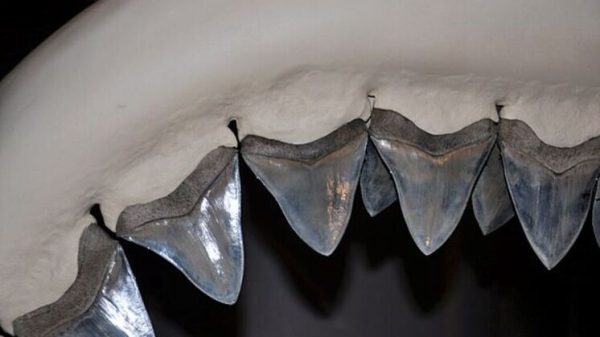






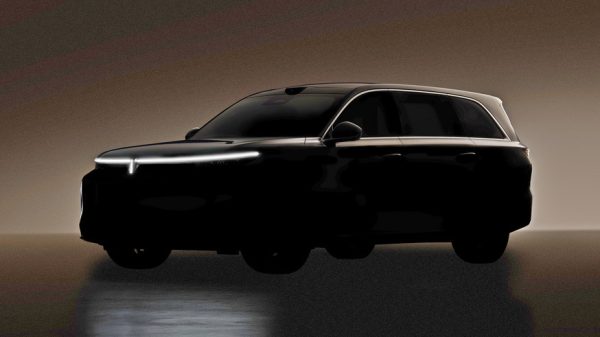

















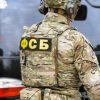









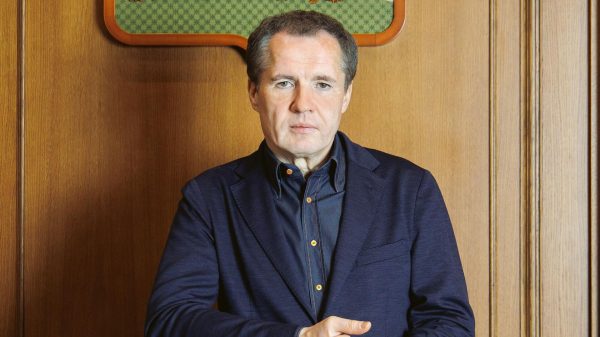
Свежие комментарии